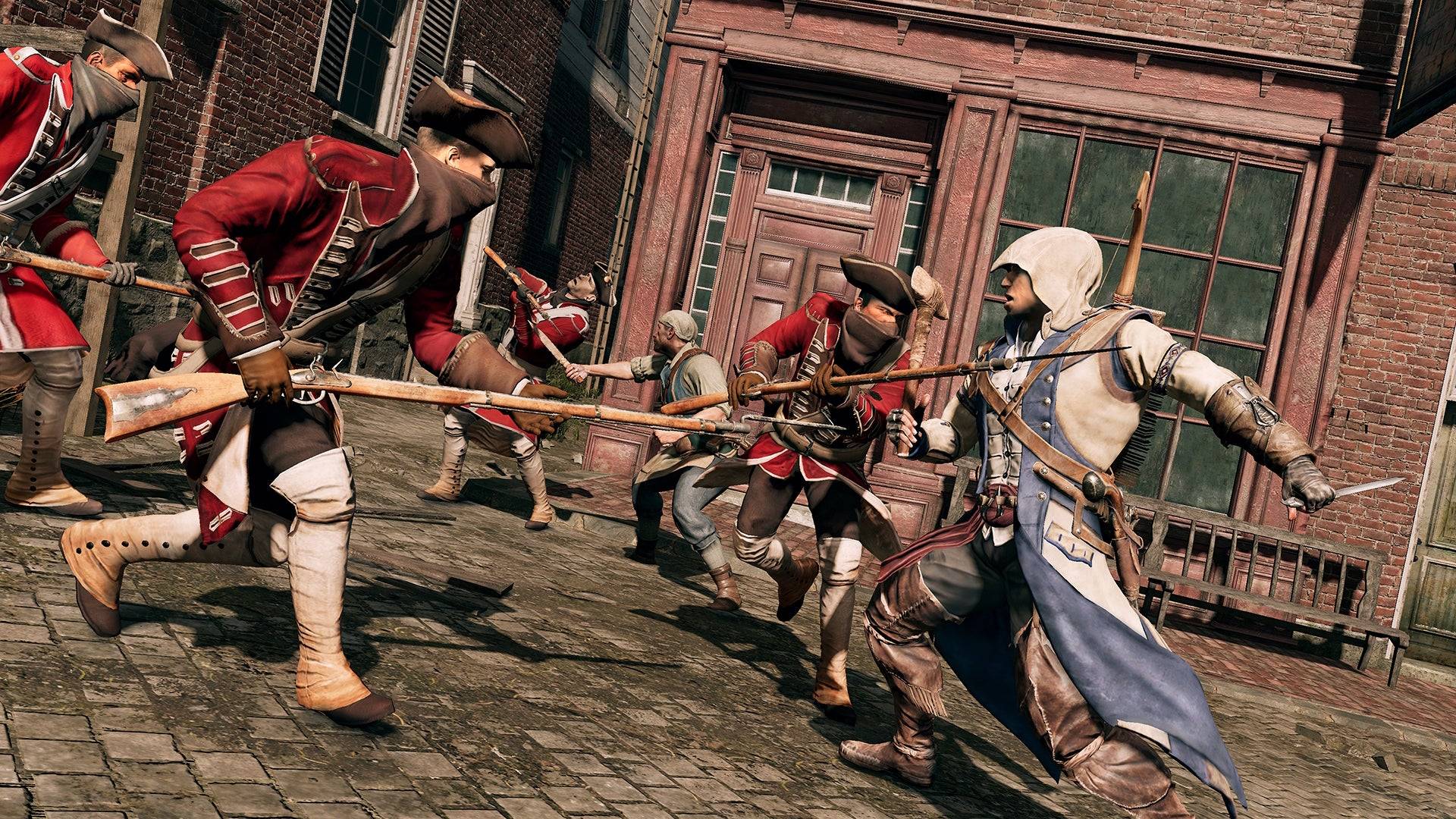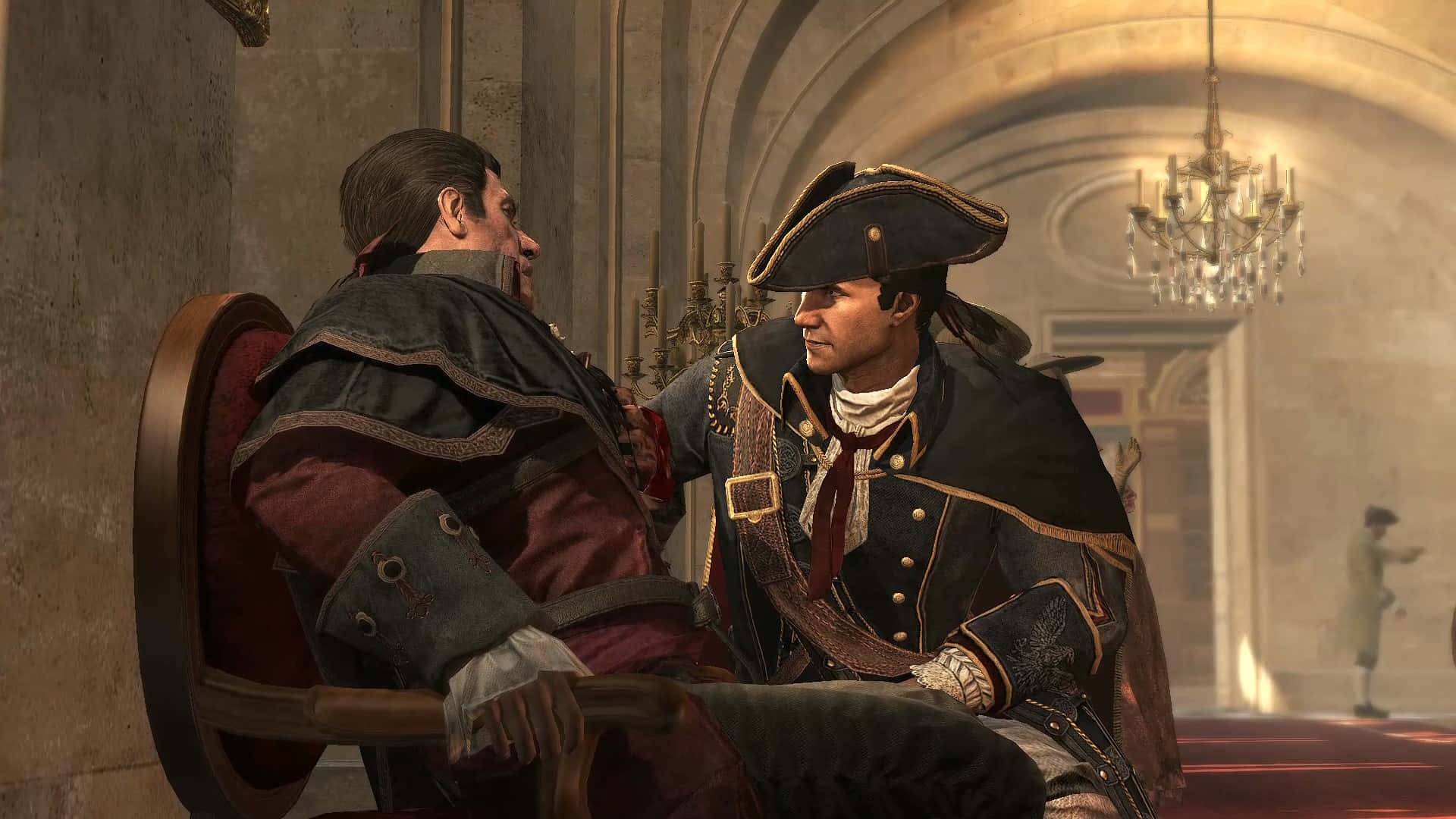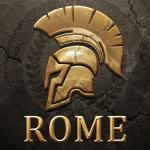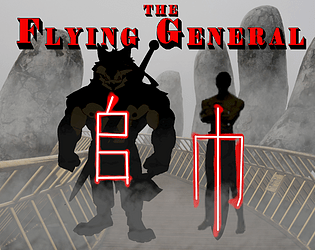"Assassin's Creed 2 and 3: The Best Writing in the Series"
One of the most memorable moments in the entire Assassin’s Creed series occurs near the beginning of Assassin’s Creed 3, as Haytham Kenway completes the recruitment of his team in the New World. Initially, players are led to believe these are assassins. After all, Haytham wields a hidden blade, possesses the charisma of previous series protagonist Ezio Auditore, and up to this point, has acted heroically, freeing Native Americans from captivity and confronting British redcoats. It's not until he utters the iconic phrase, "May the Father of Understanding guide us," that the shocking truth is revealed: we've been following the Templars, the sworn enemies of the Assassins.
This twist showcases the pinnacle of Assassin’s Creed’s storytelling potential. The original game introduced an engaging concept—finding, understanding, and eliminating targets—but lacked depth in its narrative, with both protagonist Altaïr and his targets lacking personality. Assassin’s Creed 2 improved upon this by introducing the iconic Ezio, yet failed to develop his adversaries fully, with characters like Cesare Borgia in the spinoff Assassin’s Creed: Brotherhood feeling particularly one-dimensional. It was only with Assassin’s Creed 3, set during the American Revolution, that Ubisoft fully developed both the hunter and the hunted, creating a seamless narrative flow and a perfect balance between gameplay and story that has yet to be matched.
 The often overlooked Assassin’s Creed 3 strikes the best balance of gameplay and narrative in the series. | Image credit: Ubisoft
The often overlooked Assassin’s Creed 3 strikes the best balance of gameplay and narrative in the series. | Image credit: Ubisoft
While the current RPG-focused era of Assassin’s Creed has generally received positive feedback, there's a consensus among players and critics that the series has been in decline. The reasons for this are debated. Some criticize the increasingly fantastical elements, like battling deities such as Anubis and Fenrir. Others are concerned with the introduction of romance options or the use of real historical figures, such as the African samurai Yasuke in Assassin’s Creed Shadows. However, I believe the real issue lies not with these elements but with the series' shift away from character-driven narratives, which have become diluted within expansive open-world settings.
Over the years, Assassin’s Creed has expanded its original action-adventure formula to include RPG elements like dialogue choices, XP-based leveling, loot boxes, microtransactions, and gear customization. As the games have grown larger, however, they've started to feel more hollow, not only in terms of repetitive side quests but also in their storytelling.
For instance, while Assassin’s Creed Odyssey offers more content than Assassin’s Creed 2, much of it feels less polished and immersive. The inclusion of player choices, while intended to enhance immersion, often results in less refined scripts as they must accommodate multiple scenarios. The tightly scripted narratives of the action-adventure era allowed for well-defined characters that weren't stretched thin by the need to adapt to player whims.
This lack of polish can break immersion, making it evident that players are interacting with AI rather than living, breathing historical figures. This contrasts sharply with the rich writing of the Xbox 360/PS3 era, which included standout moments like Ezio's defiant speech after defeating Savonarola or Haytham’s poignant final words to his son, Connor:
*"Don't think I have any intention of caressing your cheek and saying I was wrong. I will not weep and wonder what might have been. I'm sure you understand. Still, I'm proud of you in a way. You have shown great conviction. Strength. Courage. All noble qualities. I should have killed you long ago."*
 Haytham Kenway stands out as one of the most complex villains in Assassin's Creed. | Image credit: Ubisoft
Haytham Kenway stands out as one of the most complex villains in Assassin's Creed. | Image credit: Ubisoft
The storytelling has deteriorated in other ways too. While modern games often present a clear-cut moral divide between Assassins and Templars, earlier entries delved deeper into the gray areas between the factions. In Assassin’s Creed 3, each Templar Connor confronts challenges his beliefs, with characters like William Johnson suggesting the Templars could have prevented Native American genocide, Thomas Hickey questioning the Assassins' idealism, and Benjamin Church arguing that perspective defines morality. Haytham himself undermines Connor’s trust in George Washington, foreshadowing the revelation that it was Washington, not Charles Lee, who ordered the burning of Connor’s village.
By the end of Assassin’s Creed 3, players are left with more questions than answers, which enriches the narrative. Reflecting on the series' history, it’s clear why "Ezio’s Family" from the Assassin’s Creed 2 soundtrack, composed by Jesper Kyd, became the series' theme. It's not just about the Renaissance setting but about Ezio’s personal journey of loss. While I appreciate the expansive worlds and improved graphics of newer Assassin’s Creed games, I yearn for the franchise to return to its roots with focused, character-driven stories. However, in today's market, dominated by expansive open worlds and live service models, such a return might not align with current business strategies.






















![FurrHouse [Ch. 3]](https://images.dshu.net/uploads/30/1719555089667e54115d59f.jpg)





